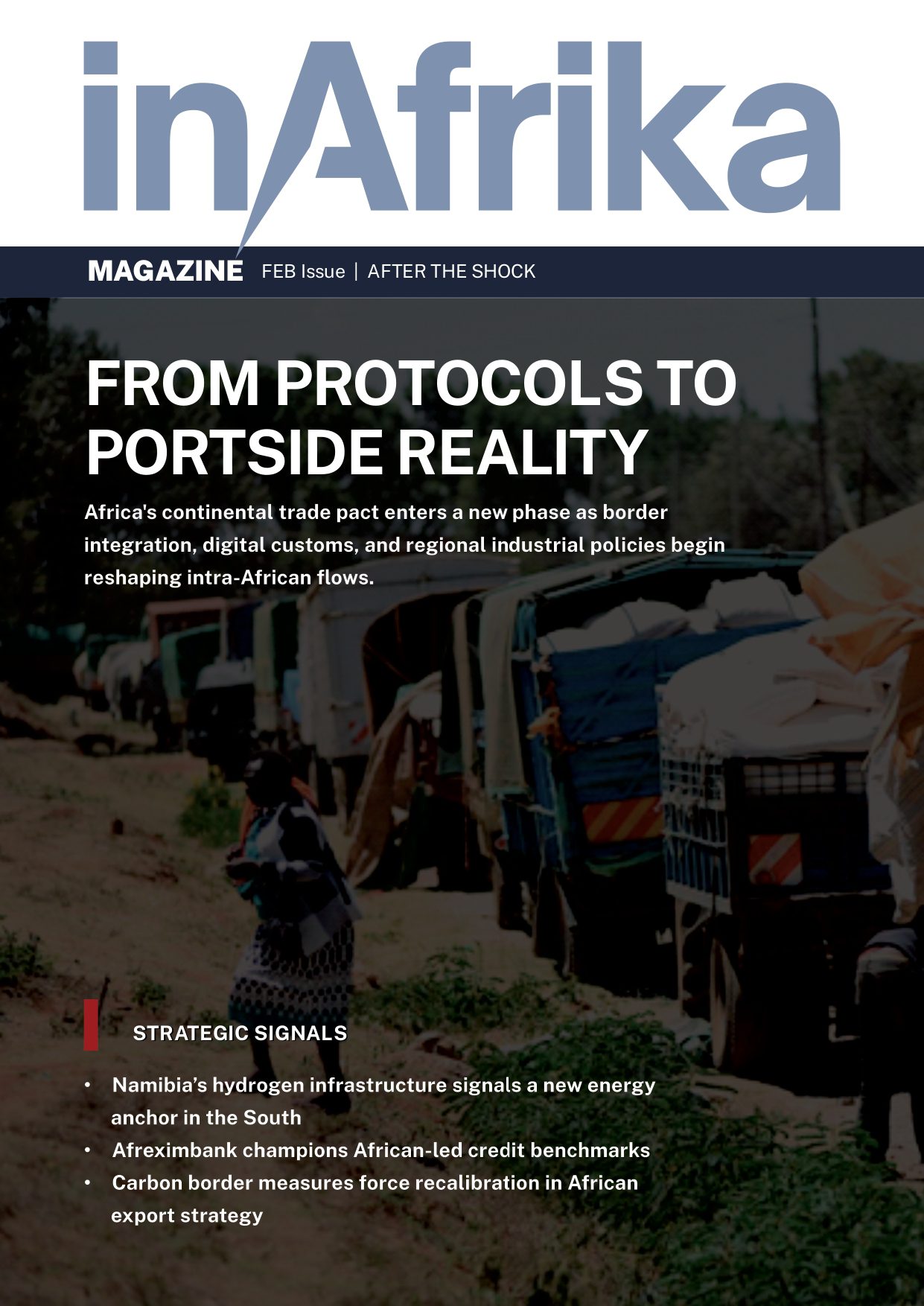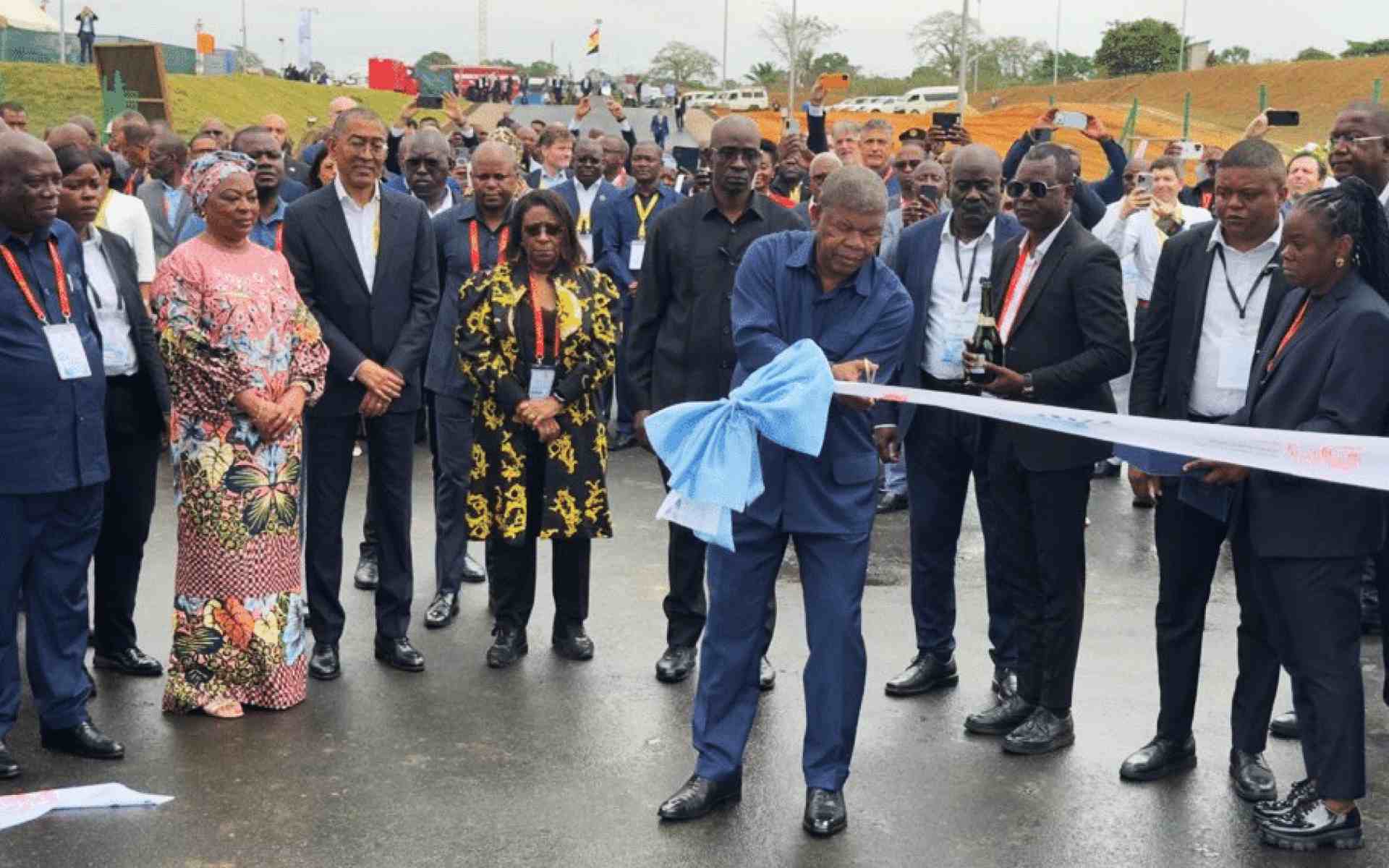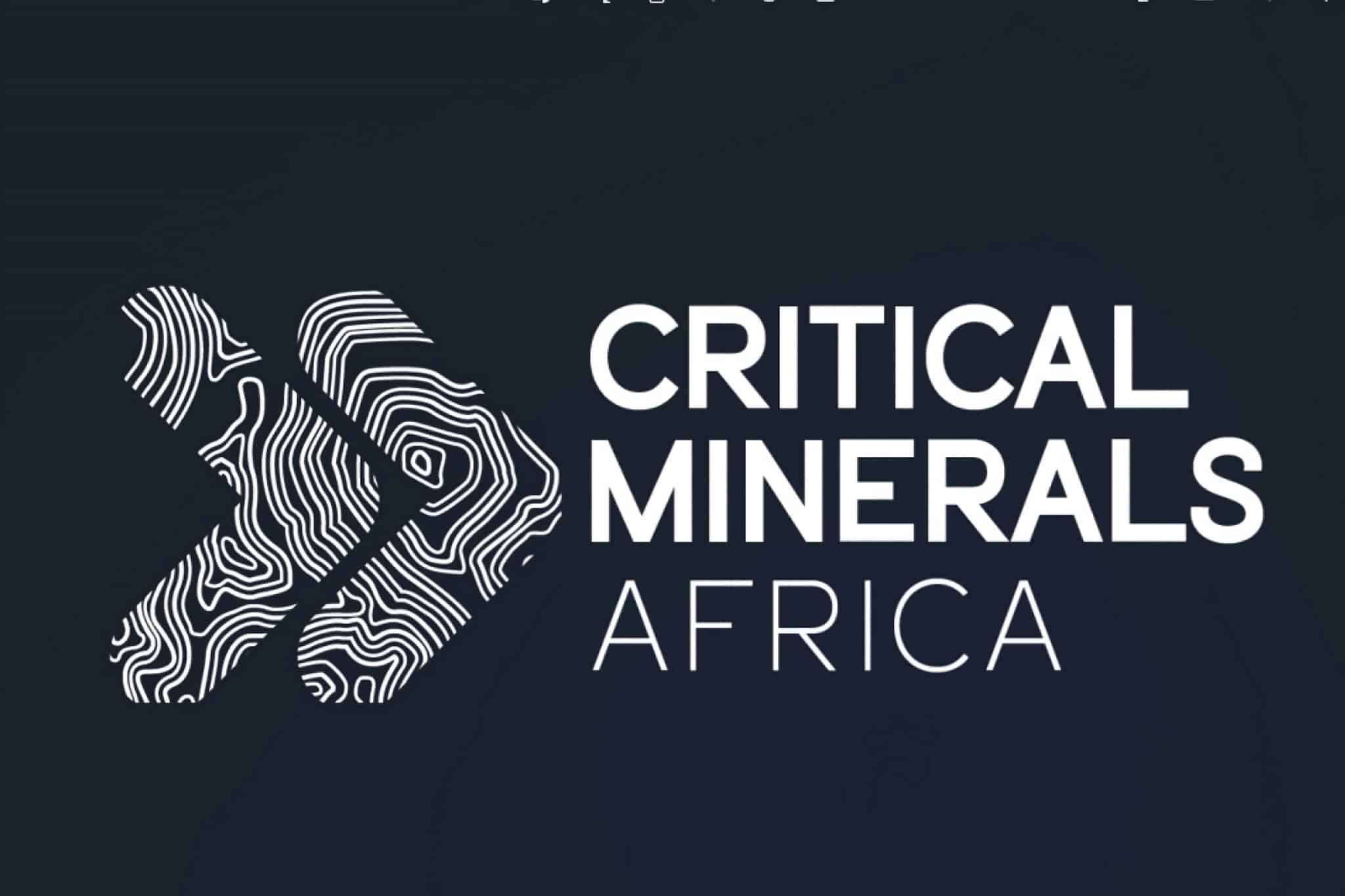
Wednesday 26th November 2025

by inAfrika Newsroom
ZimZam 2025 power forum has opened in Livingstone, Zambia, gathering governments, utilities, financiers and developers to accelerate Southern Africa’s energy investment pipeline. Running from 26–28 November, the summit aims to move key projects toward financial close, with a focus on regional interconnections, renewable generation and grid upgrades. Copperbelt Energy Corporation is serving as country host, alongside partners from the African Union, SADC, Standard Bank and several utilities.
Organisers said the ZimZam 2025 power forum will spotlight opportunities linked to the SADC Just Energy Transition Framework. Sessions cover cross-border transmission lines, hydropower, solar parks and battery storage, as well as gas projects that can support baseload needs. Moreover, discussions will examine how to structure bankable deals in countries facing currency risk and constrained public finances. Delegates are exploring blended finance, guarantees and off-take arrangements that can satisfy both investors and regulators.
In parallel, the summit is providing space for project promoters to pitch directly to lenders and equity partners. In addition, regional bodies are presenting plans to harmonise rules on wheeling, tariffs and grid codes, which are essential for cross-border power trade. Organisers hope that by aligning policy and finance, ZimZam 2025 can unlock projects that have been stuck at concept stage for years.
The agenda pays particular attention to interconnections between Zambia, Zimbabwe and neighbouring states that rely on the Southern African Power Pool. Officials argue that better links can help countries share surplus electricity, manage drought risks in hydro-dependent systems and integrate new renewables. However, they cautioned that procurement transparency and debt sustainability must remain central as large deals move forward.
Southern Africa faces growing demand, ageing plants and climate pressure on hydro resources. A well-run ZimZam 2025 power forum can help turn regional plans into real projects that keep the lights on. When countries coordinate on interconnections and standards, they can tap cheaper power sources and reduce blackouts. Furthermore, investor-ready pipelines reduce transaction costs and signal that the region is serious about energy reform. Lessons from ZimZam could guide similar forums in other power pools, supporting Africa’s wider push for secure, affordable and cleaner electricity.


